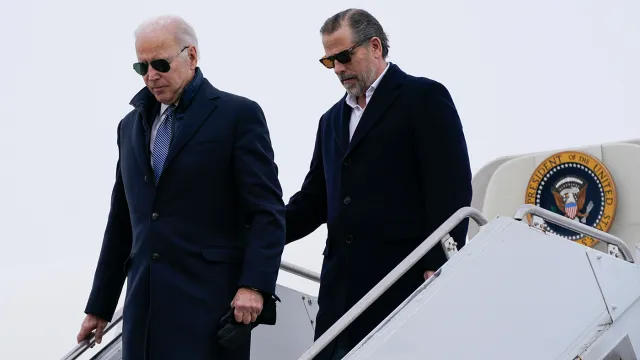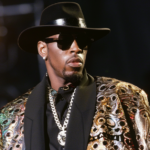President Joe Biden has issued a full and unconditional pardon for his son, Hunter Biden, in a surprising move that reverses his previous stance on the matter. The pardon, announced on Sunday, December 1, 2024, covers all offenses committed or potentially committed by Hunter Biden from January 1, 2014, through December 1, 20247.
Hunter Biden was facing sentencing on December 12 for federal firearms charges and on December 16 for federal tax evasion charges1. The gun charges stemmed from a 2018 incident where Hunter allegedly lied on a federal form about his drug use when purchasing a firearm2. The tax charges involved failing to pay at least $1.4 million in taxes2.
President Biden’s decision to pardon his son comes as a significant reversal of his previous statements. In June 2024, Biden had categorically ruled out pardoning Hunter, stating, “I abide by the jury decision. I will do that and I will not pardon him”2. As recently as November 8, White House Press Secretary Karine Jean-Pierre had reaffirmed this position23.
In his statement explaining the pardon, President Biden cited what he perceived as unfair treatment of his son:
- Selective prosecution: Biden argued that Hunter was “singled out only because he is my son”7.
- Political motivation: He claimed that the charges “came about only after several of my political opponents in Congress instigated them”7.
- Unusual prosecution: Biden noted that people are “almost never brought to trial on felony charges solely for how they filled out a gun form” without aggravating factors7.
The pardon has elicited strong reactions from various quarters:
- Republican lawmakers have expressed outrage, with many calling it an attempt to “evade accountability”4.
- House Oversight Committee Chair James Comer accused Biden of lying “from start to finish about his family’s corrupt influence peddling activities”8.
- Some Democrats have also criticized the move, with Colorado Governor Jared Polis expressing disappointment that Biden “prioritized his family over the country”4.
- Hunter Biden, in a statement, vowed to “devote the life I have rebuilt to helping those who are still sick and suffering”2.
This pardon comes in the final weeks of President Biden’s term, with President-elect Donald Trump set to return to the White House2. It caps a long-running legal saga that has been a significant political liability for the Biden administration.
The decision has reignited debates about the use of presidential pardon powers and their potential for abuse. Critics argue that this move sets a troubling precedent that could be misused by future presidents4.
As the political fallout continues to unfold, this pardon is likely to be a defining moment of Biden’s presidency, potentially impacting his legacy and the broader discourse on executive power and accountability in American politics.








